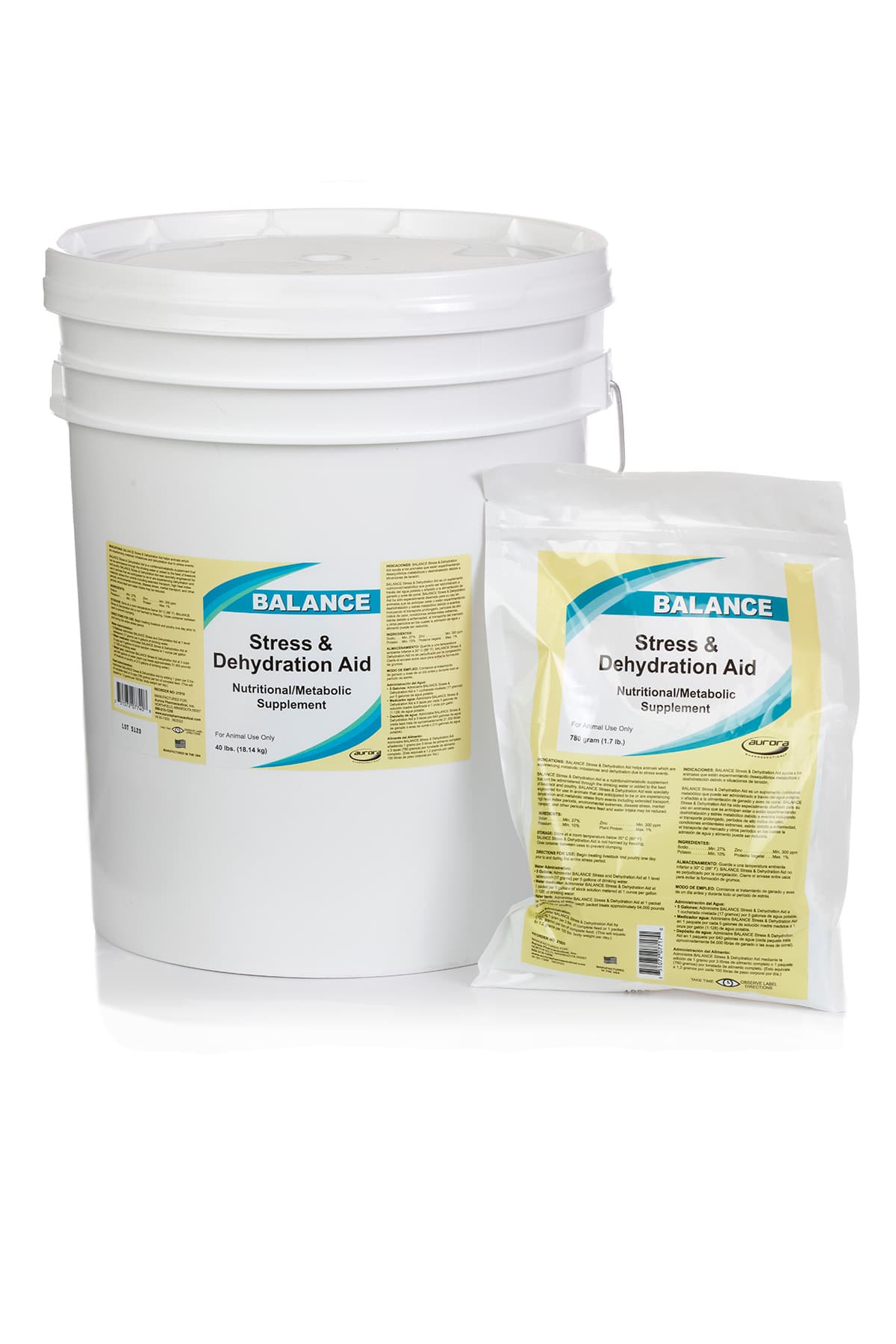
Bovine Stress Management
Effective Stress Management Solutions for Bovine Health
Stress Management
Stress in cattle can negatively affect their health, productivity, and behavior, making proper stress management vital in both dairy and beef operations. Common stressors include handling, transportation, weaning, environmental changes, overcrowding, and extreme weather conditions. Unmanaged stress can suppress immune function, reduce feed intake, impair weight gain or milk production, and increase susceptibility to disease.
Successful bovine stress management begins with minimizing disruptions to the animal’s routine. Low-stress handling techniques, such as quiet movement, avoiding overcrowding, and maintaining calm environments, significantly reduce fear responses. Proper facility design—like curved chutes and non-slip flooring—also helps prevent panic and injury.
Nutritional support plays a crucial role. Providing high-quality forage, ensuring access to clean water, and incorporating stress-reducing supplements—such as electrolytes, vitamins, or probiotics—can help cattle recover from or adapt to stressors more efficiently. During key events like transportation, weather shifts, or vaccination, additional nutritional support may be warranted.
Close observation of behavior and physical condition allows early detection of stress indicators like pacing, vocalization, lowered appetite, or changes in posture. Addressing stress proactively improves herd welfare, supports stronger immune responses, and enhances overall productivity.


